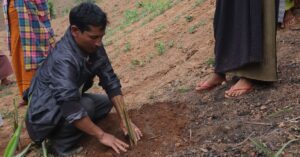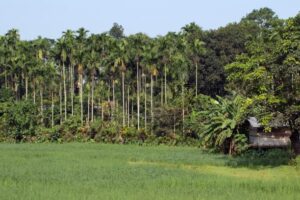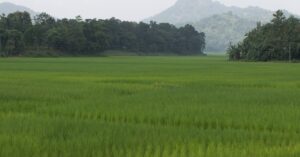International Youth Day Transforming Food System: ‘Youth Innovation for Human and Planetary Health’
An online webinar was organised by the Integrated Mountain Initiative on the occasion of International Youth Day on August 12, 2021. The event highlighted the local food cultures across the Indian Himalayan Region and the need to transform our food systems and food cultures. Dr. Bandana Shakya, Agrobiodiversity Specialist, ICIMOD, and Mr. Janak Preet Singh, Sr. Associate, Livelihoods, NESFAS were the keynote speakers of this session where they highlighted Food Systems as interdisciplinary and game-changing solutions to ensure sustainability. The main objective of the webinar include sharing and learning about food cultures and providing more opportunities and exposure to the local entrepreneurs.
The event began with the welcome remarks by President, Integrated Mountain Initiative, Mr. P.D Rai. He shared that the food culture aspect needs to be more in focus by reflecting on the core issues and that there is a need to ensure youths to have meaningful participation and innovation in transferring the food systems across the Himalayan region. He expressed, “Food culture must be linked with the people and must be understood across the Himalayas.”
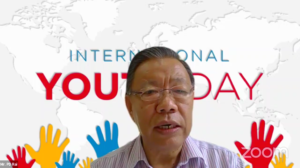
Food systems are connected towards sustainability and there is a need to understand the synergy and trade-offs of that relationship. Food-based value chains are linked towards ethnic cuisines that reflect the region’s diverse ethnicities, traditions, and food cultures. Ethnic cuisines and food systems bind cultures and identities that influence the environment and the economy.
As pointed out in the event, there has been a threat affecting our food system globally due to climate change and deforestation which has impacted biodiversity loss. So there is a need for solutions in order to improve the situation.
During the half plenary of the event, an ice breaker session was conducted in a form of quizzes and activities which led to an interactive session amongst the participants.
Mr. Janak, in his presentation, highlighted the types of food system found in the North East region. With the abundance of food system available, it ensures access to safe and nutritious food. He also raised the issue on the effects of mono-cropping which are extremely detrimental to the environment and causes of deforestation. Hence, he added that responsibility is upon us, as young people, in order to lead the change.
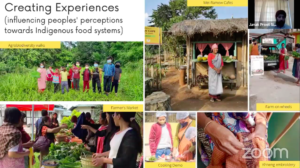
“As acknowledged by the UN in its Food Systems Pre-Summit ‘Indigenous Peoples Food System are the game changing solutions for the world’. Therefore, active involvement and emphasis on youth is very important for the future of the food systems”, further expressed Janak.
Some of the few key takeaways from the session were:
- There is a need to connect the dots in our food system.
- There is a need to restore the productivity of degraded lands and also to focus on sustainable production practices.
- To ensure there is an active involvement between individuals and communities in the Zero waste movement.
- As youth represent the most energetic groups, their role must not be ignored.
- To ensure farming becomes attractive for the youth and with proper guidance they can lead communities towards achieving local food security.
Overall the International Youth Day event served as a platform for young people to be more involved in a sustainable food system and keeping intact with what is happening in order to build a better outreach in our local food system.


